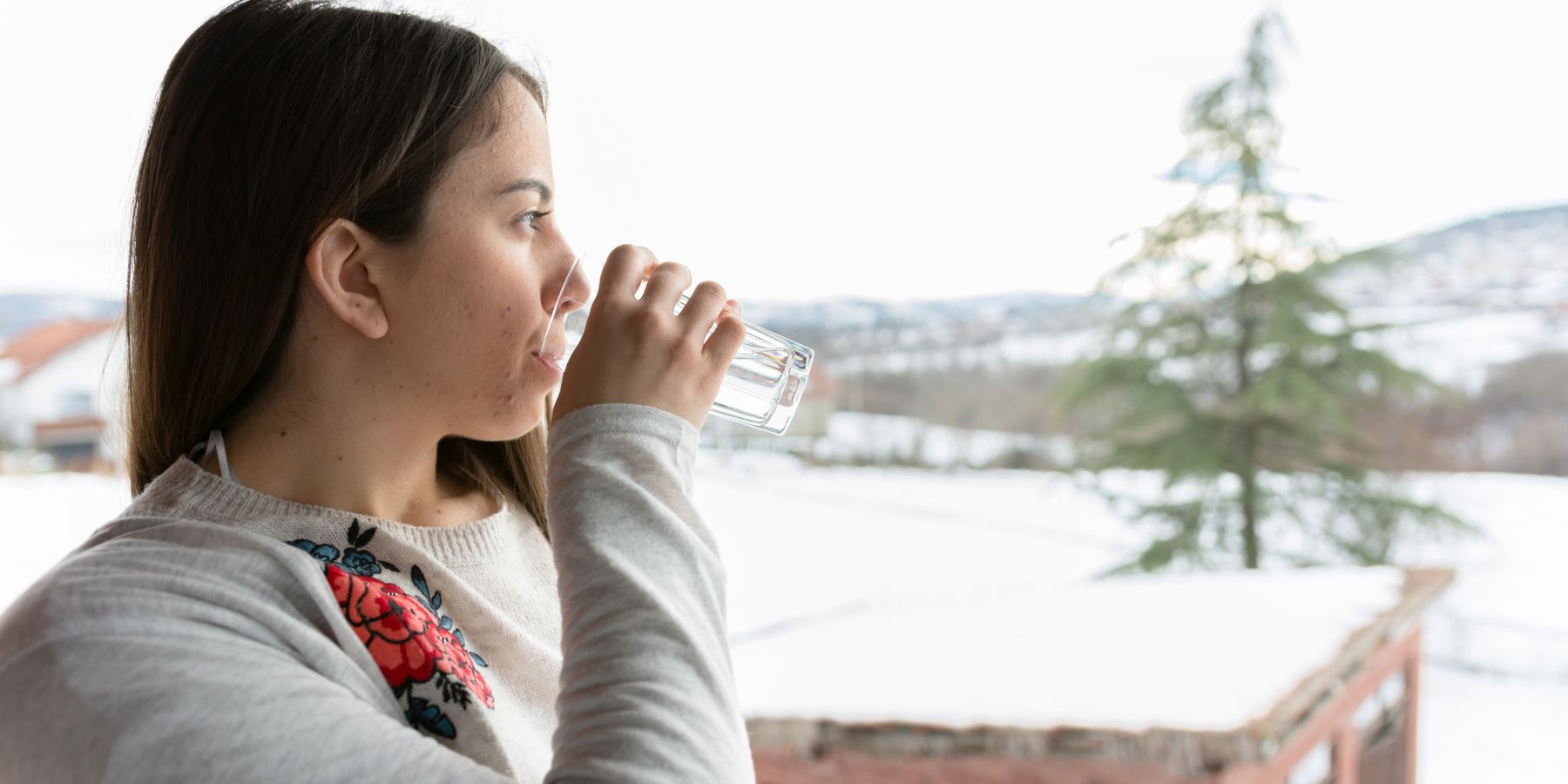Hey there, skincare aficionados! If you're like me, you've probably stumbled upon the age-old advice that drinking water is the key to flawless skin. But let's dig deeper into the hype and separate fact from fiction. Today, we're unlocking the mystery: does drinking water really help with acne? Buckle up for a journey into the world of hydration and its impact on your skin's well-being.
The Hydration-Skin Connection
First things first, let's establish a fundamental truth—hydration is the unsung hero of skin health. Picture your skin cells as happy little sponges. When well-hydrated, they plump up, contributing to that coveted dewy complexion. Now, let's talk acne.
The Dehydration Dilemma
Ever noticed your skin feeling tight and lackluster after a night of forgetting to guzzle down water? That's the dehydration dilemma, and it’s more than just a cosmetic concern. Dehydrated skin can go into panic mode, producing more oil to compensate. And guess what excess oil can lead to? You guessed it—acne!
Flushing Out the Toxins
Here's where the magic happens. Picture water as your skin's detox superhero, swooping in to flush out toxins through—you guessed it again—sweat and urine. By staying well-hydrated, you're aiding your body's natural detoxification processes, reducing the likelihood of those pesky toxins causing trouble on your face.
But, Can Water Alone Banish Acne?
Let's address the elephant in the room. While hydration plays a crucial role, it's not a one-size-fits-all solution for banishing existing acne. Acne is a complex beast with various triggers—hormones, genetics, and skincare habits all play a part. However, staying hydrated can be a formidable sidekick in your battle against breakouts.
How Much Water is Enough?
Now, let's talk numbers. The "eight 8-ounce glasses a day" rule is a good starting point, but your hydration needs are as unique as your fingerprint. Factors like climate, activity level, and overall health come into play. Listen to your body; it's an excellent hydration guide.
Practical Tips for Amping Up Your Hydration Game
If you're thinking, "Okay, water, got it. But how do I drink more?"—I've got your back.
Infuse Your Water: Toss in some berries, cucumber, or mint for a burst of flavor.
Set Reminders: Life gets busy, and hydration often takes a back seat. Set reminders on your phone or use an app to nudge you to drink up.
Hydrating Foods: It's not all about the liquid. Munch on water-rich foods like watermelon, cucumber, and oranges.
Debunking Myths: Water vs. Acne
Let's debunk a couple of myths circulating in the skincare cosmos.
Myth 1: Drinking more water will instantly clear my acne.
While hydration is crucial, clear skin involves a combination of factors. Consistent hydration is a supporting player, not the solo lead.
Myth 2: I need to chug gallons of water for results.
Overhydration is a thing, and it's not the secret to glowing skin. Balance is key. Listen to your body's cues; it's pretty good at signaling when it's thirsty.
In Conclusion
So, does drinking water help with acne? Absolutely, but it's not a magic wand. Consider it a trusted companion in your quest for radiant skin. Hydrate wisely, listen to your body, and remember, skincare is a journey, not a sprint.
FAQs: Quenching Your Thirst for Knowledge
Q: Does drinking more water eliminate existing acne?
A: While hydration supports skin health, it's not a direct solution for existing acne. Combine it with a solid skincare routine for best results.
Q: Can other beverages replace water for skin benefits?
A: Water is the MVP, but other hydrating beverages like herbal teas and infused water can contribute to your overall fluid intake.
Q: Can I overhydrate, and is it harmful to the skin?
A: Yes, overhydration is a thing. Listen to your body; excessive water consumption can lead to a condition called water intoxication.
Q: How long does it take to see improvements in skin health through increased water intake?
A: Individual responses vary. Consistent hydration, coupled with a holistic skincare approach, may show improvements over weeks to months.
Q: Can hydration alone replace the need for topical acne treatments?
A: No, a comprehensive approach combining hydration with a targeted skincare routine is recommended for effective acne management.


